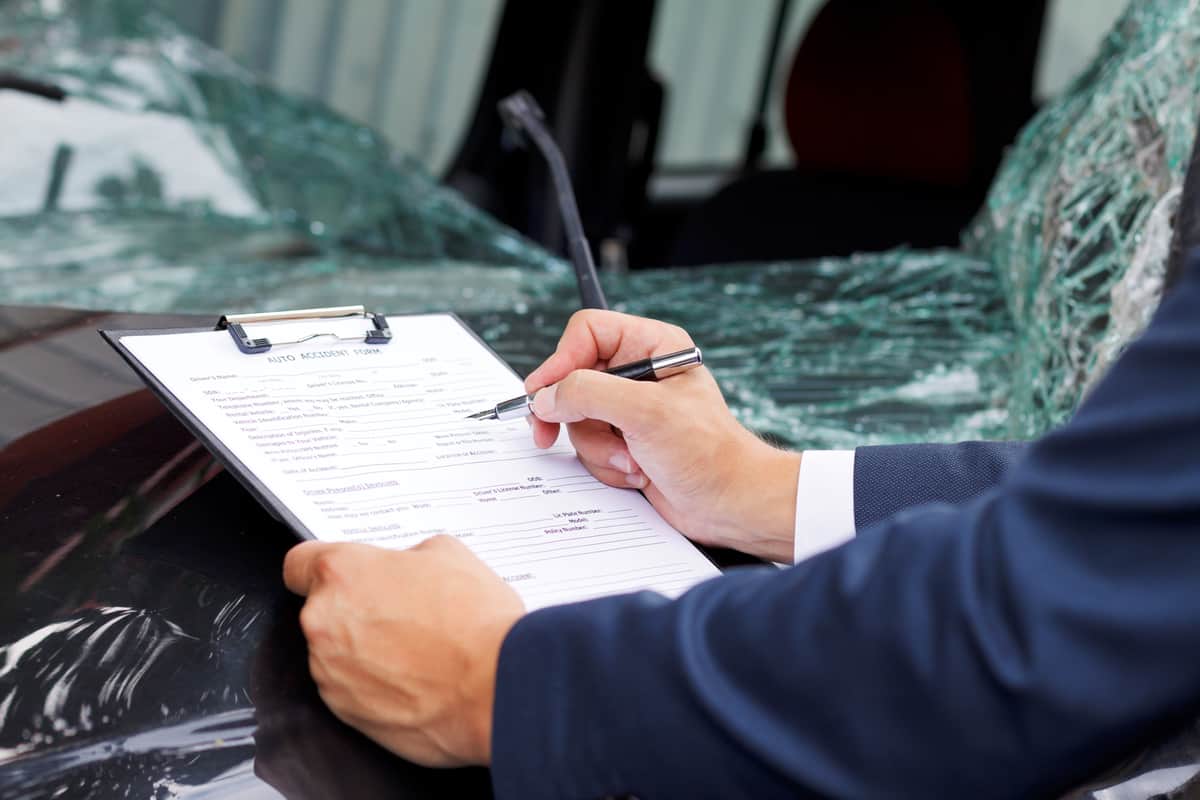
There is no definitive answer as to whether settling a car accident personal injury claim out of court or going through the trial process will get a better result for a claimant. It just depends. Generally speaking, the less severe the claimed injuries, the more likely a settlement can be reached out of court that will be satisfactory to all parties. However, when the parties are really far apart, and no agreement can be reached, a trial may be the only way to resolve the matter. A big plus for choosing a settlement is a known outcome. Trials can produce unanticipated and undesired results.
Settlement is the preferred method of resolving a legal conflict. Even after a lawsuit has been filed, over 90% of the matters settle before trial. A settlement has a lot of advantages but can also have some disadvantages in certain situations.
There are a number of advantages that make settlement an attractive option for a personal injury claim.
The advantages of settling a claim usually outweigh the disadvantages but there is rarely a clear winner when a claim is settled, and all parties must be willing to accept something less than they had initially wanted in order to make it happen.
Many times when a person makes a personal injury claim, there is an insurance company responsible for paying the damages. Insurance companies would prefer to settle claims quickly and at a minimal cost.
Injury claims that tend to be the best candidates for settlement are those where liability for causing the accident is clear, the nature and extent of the injuries are known, and the damage amounts are relatively easy to quantify.
Insurance companies are more willing to settle claims when claimed injuries do not have long-term consequences and non-economic damages – such as pain & suffering or emotional distress – are minimal.
When a claimant’s damages clearly exceed the available insurance policy limits of its insured, an insurance company will usually agree to settle with a claimant for policy limits. A policy limits settlement lets the insurance company off the hook and leaves the claimant to recover additional compensation directly from the at-fault party.
Trials are more likely to take place when the injuries claimed are serious and will have a lasting impact on a claimant that is difficult to put a dollar figure on. Juries are not concerned about spending an insurance company’s money and are likely to award more compensation than an insurance company would otherwise agree to pay.
A trial may also be necessary when liability for causing the accident is in question and the potential damages are very high. The determination of fault can have a direct impact on the amount an injured claimant can recover.
Whether to agree to a settlement or take a chance on a better outcome in court will depend on the particular circumstances of each claim. There may be considerations other than getting the best result influencing the parties’ decisions. The following reasons can also be the motivation to select one particular form of resolution over another.
The uncertainty of the outcome when a personal injury claim goes to trial is famously demonstrated by the McDonald’s hot coffee case. McDonald’s refused to accept a settlement offer, and the decision ended up costing the company.
Back in 1992, 79-year-old Stella Liebeck suffered 3rd-degree burns on 16% of her body when she spilled McDonald’s coffee on her lap. She was hospitalized for over a week and required skin grafts to repair the damage.
Liebeck proposed McDonald’s pay $20,000 to settle her claim. McDonald’s offered her $800. At trial, the evidence showed that McDonald’s coffee was about 30 degrees hotter than the coffee served by similar restaurants. It also came out that there had been hundreds of other complaints from customers burned by the coffee.
The jury awarded Liebeck $200,000 in compensatory damages (which did get reduced because Liebeck was found to have 20% responsibility for her injuries). The jury also awarded Liebeck $2.7 million in punitive damages to punish McDonald’s for continuing to offer a product known to cause injury. The punitive damage award was later reduced, but McDonald’s ended up paying hundreds of thousands of dollars instead of just $20,000.
McDonald’s obviously believed they would win at trial which turned out to be a horrendous miscalculation of how a jury would interpret the company’s responsibility not only for Liebeck’s injuries but for continuing to offer a product the company knew had caused harm to other customers.
The choice of whether to accept a settlement offer or rely on a judge or jury to award a better result is a decision that needs to be made based on a thorough understanding of the facts of a particular situation and how the law is likely to apply factoring in the behavior of the people who will be administering the law. Risk aversion and stress tolerance are also important considerations.
A professional opinion from an experienced personal injury attorney with a proven track record of successfully settling claims and taking cases to trial can be invaluable when determining the best strategy for proceeding with a personal injury claim.

With over 50 years of legal experience serving families in the New Orleans area and surrounding Louisiana communities, our firm takes pride in providing clients with personalized legal services tailored to individual needs.